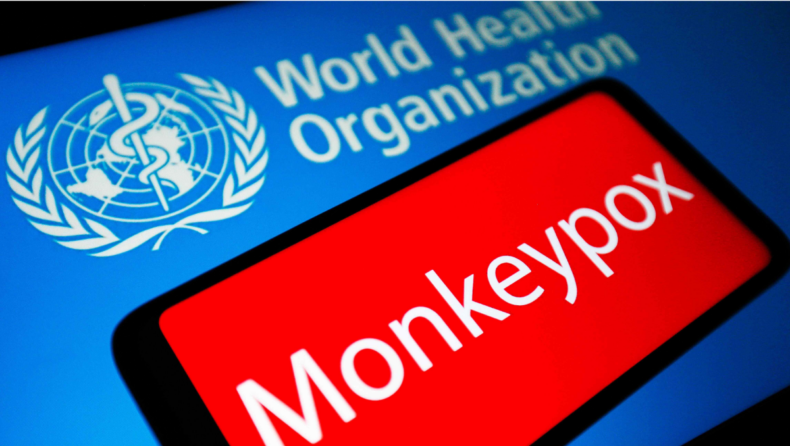Today, in a press brief WHO chief Tedros Ghebreyesus declared monkeypox a global emergency. Two days back, World Health Organization’s emergency committee met on to discuss whether to declare monkeypox a global crisis. Some scientists predicted that any coordinated response would be difficult due to the stark differences between the outbreaks in Africa and developed nations.
According to African experts, the outbreak on their continent is already being treated as an emergency. However, other specialists claim that even if the virus cannot be halted, a declaration of an emergency is not necessarily due to the weak form of monkeypox that is prevalent in Europe, North America, and elsewhere. Given the disease’s lack of severity, British officials have reduced their appraisal of it.
During the emergency committee’s meeting, WHO Director-General Tedros Adhanom Ghebreyesus said, “I am concerned about the number of monkeypox cases, in a growing number of countries, that have been recorded.” He stated that while it was pleasant to see a decline in monkeypox cases in some nations, the virus is still spreading in other places, and in the previous week only, six nations reported their initial infections.
In some regions of central and western Africa, where ill wild animals periodically infect people in rural areas, monkeypox has been a persistent problem for decades. Gay and bisexual males have been affected by the illness since at least May in Europe, North America, and beyond. Sex at two raves in Belgium and Spain most likely set off the epidemic in wealthy nations.
Some experts are concerned that these and other discrepancies may worsen the medical disparities already present between wealthy and poor countries.
As of now, there are more than 15,000 active cases of monkeypox worldwide. Millions of vaccines have been purchased by the US, UK, Canada, and other nations, but none have reached Africa, where a more virulent monkeypox strain has already claimed the lives of over 70 people. No deaths from monkeypox have been reported in wealthy nations to date.
According to Dr. Paul Hunter, a professor at the University of East Anglia in the UK and a former WHO advisor, the situation in Africa is almost wholly distinct from the outbreak in Europe and North America.
According to the U.N. health agency, men account for 99 percent of all documented cases of monkeypox outside of Africa, and of those, 98 percent are in men who have had sex with other men. Regardless of their sexual orientation, anyone who comes into close physical contact with a monkeypox sufferer can contract the illness.
If the outbreak spreads widely enough, some public health professionals in the United States are starting to worry that monkeypox will emerge as a new sexually transmitted disease.
Even though monkeypox is a very mild disease in most nations, declaring it a worldwide emergency could unintentionally intensify the rush for medicines.
Beyond gay and bisexual men, there aren’t many significant cases or infections of monkeypox, according to British physician Dr. Hugh Adler. However, he acknowledged that the lack of more immunizations was disappointing given that the outbreak in the U.K. was about doubling every two weeks.
“Perhaps what needs to be done is to reclassify monkeypox as a global emergency to make (vaccines) available,” he said. But in a perfect world, we should be able to take the necessary action without declaring an emergency.
Read More: https://www.independent.co.uk/news/venezuela-ap-caracas-artemis-vaccines-b2123068.html













